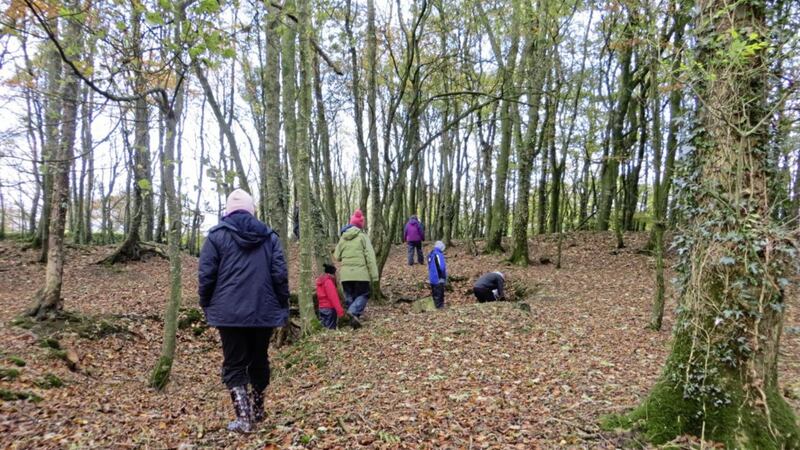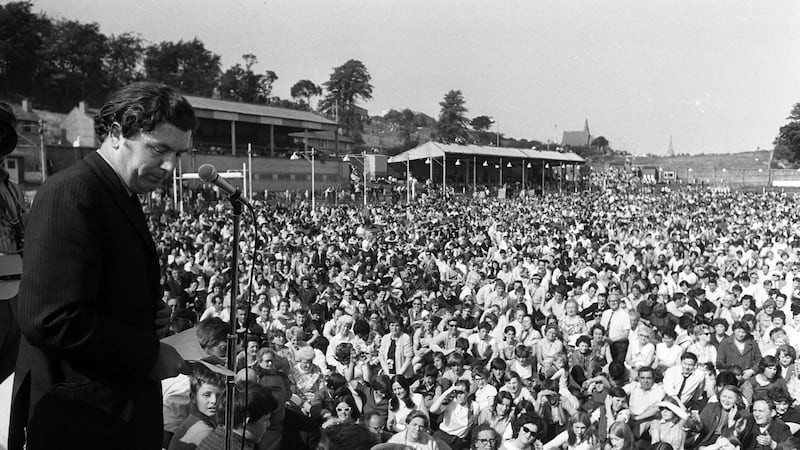PEOPLE perceive they are happier, more restored and more motivated to be active, when connecting with nature, a university study has found.
NUI Galway and the Environmental Protection Agency (EPA) have published a pilot study that connects health benefits with people's perceptions of nature.
Health Benefits from Biodiversity and Green Infrastructure describes how people perceive contact with nature and how it enhances their wellbeing.
Researchers wanted to know who influences the type of outdoor spaces on people's doorstep - and what they thought about nature and health.
The team assessed scientific reports and also held interviews with decision-makers representing local authority staff, conservationists and health promotion officers.
Key recommendations from the report include:
:: Health Service Executive and local authorities should work closer together to ensure that access to attractive biodiverse space is secured at strategic planning levels
:: Safe accessible nature spaces should be co-designed with communities, reflect local needs and be within 300m of people's homes
:: Health officials and environmental organisations need to work together to safeguard a healthy environment for healthy communities
This pilot study has informed the NEAR Health project. Communities play a huge role in caring for the environment. The NEAR Health project asks communities what they want from nature in their locality, and what would help people connect more with nature.
Professor Martin Cormican, Centre for Health from Environment, NUI Galway, was a lead author of the report.
"Caring for the environment is about caring for people. The environment is where we live, work and play, it is what we eat, drink and breathe," he said.
"The environment is the foundation of our personal wellbeing and of our communities. Communities working together with local authorities, health service and environmental agencies is the most effective and the least expensive way to get to help people live well and live long. Our work helps to find better ways in which we can work towards that goal."
Professor Mike Gormally from the Applied Ecology Unit at NUI Galway added: "Recognising that people's perceptions of nature differ is the first step. The next step is to discover how their perceptions influence the actions of key green space decision-makers and how that might impact on biodiversity."
Another author, Dr Caitriona Carlin from the Ryan Institute, said most recognised that contact with nature was important for their health and wellbeing.
"Some stakeholders were happy knowing nature was just around the corner, or talked about the presence of street trees," she said.
"It is really important to create or retrofit urban spaces for nature and for people, to help them exercise, relax and feel calm. When people value that connection with nature, they are also more likely to conserve it."








